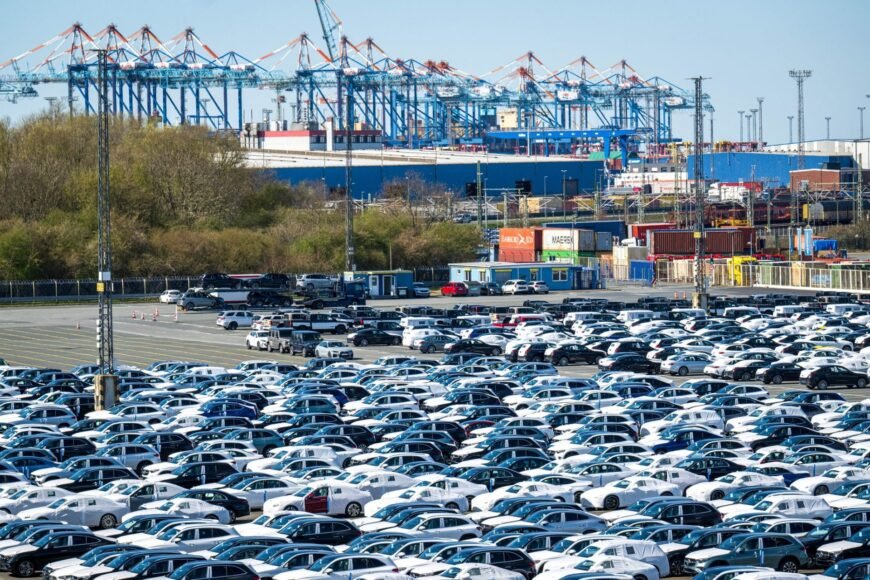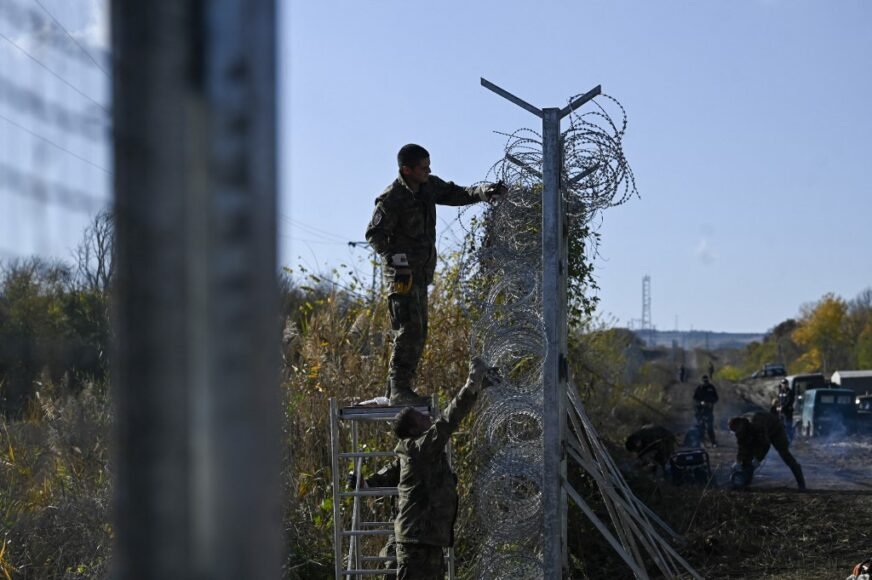
Brussels – European airline and tourism associations have expressed their opposition to the European Commission’s proposal to raise the ETIAS system fee from the original seven euros to 20 euros.
As per the regulation for the European Travel Information and Authorization System (ETIAS), which is anticipated to launch in the final quarter of 2026, citizens from third countries that do not require a visa for short stays in EU member states, including those from Macedonia, must complete an online application for authorization and pay the requisite fee before entering the EU or the Schengen area.
The initial fee was established at seven euros, but the European Commission is now suggesting an increase to 20 euros. Tour operator associations have voiced “deep concern” regarding this hike and are urging the European Parliament and the European Council to reject the proposed fee increase. They are calling for an evaluation to justify the cost increase and to propose a “more appropriate fee backed by relevant evidence.”
– While the fee may seem minor relative to total travel expenses, its cumulative effect on families is significant, particularly in light of rising accommodation costs, stated a joint statement from multiple organizations.
The statement notes that the proposed fee increase “appears inappropriate” and highlights a lack of transparency in the proposal process. The associations are urging the EU Commission to provide a “detailed cost review” and suggest alternative fee amounts, such as 10 or 12 euros.
The European Commission justifies this fee increase by citing “inflationary pressures” and additional expenses associated with “the system’s technical features.”
The EC argues that the proposed 20-euro fee aligns with similar programs in other nations, such as the UK’s Electronic Travel Authorization (ETA), which charges a fee of 16 pounds (18.4 euros), and the US’s Electronic System for Travel Authorization (ESTA), which costs 21 dollars (17.8 euros).
However, tour operators contend that referencing fees from similar systems in other countries “sets a concerning precedent.” They argue that decisions regarding the fee amount should reflect the actual operational requirements of the EU system and be thoroughly justified. They should not be influenced by unrelated systems without clear justification and legal grounding, according to their response.
The associations further demand that any surplus generated from the ETIAS fee be allocated to support the tourism sector, including the improvement and modernization of tourism infrastructure, staff training, and the promotion of sustainable development initiatives. (July 25, 2025)













Leave a Reply